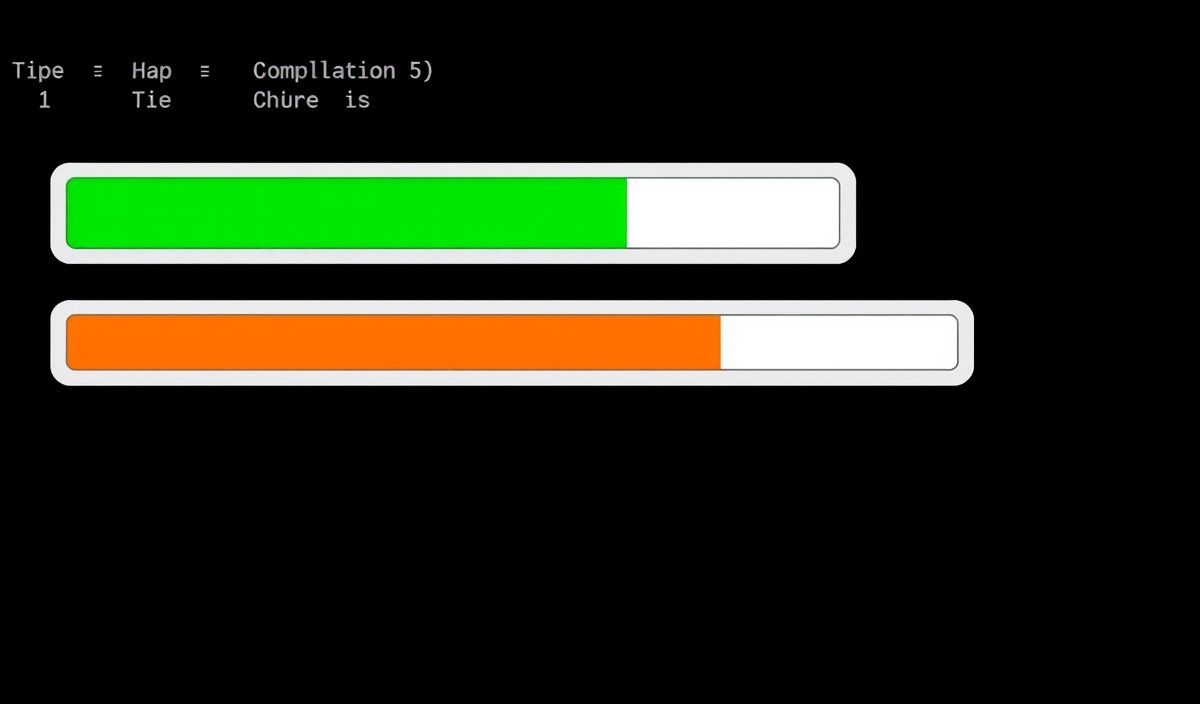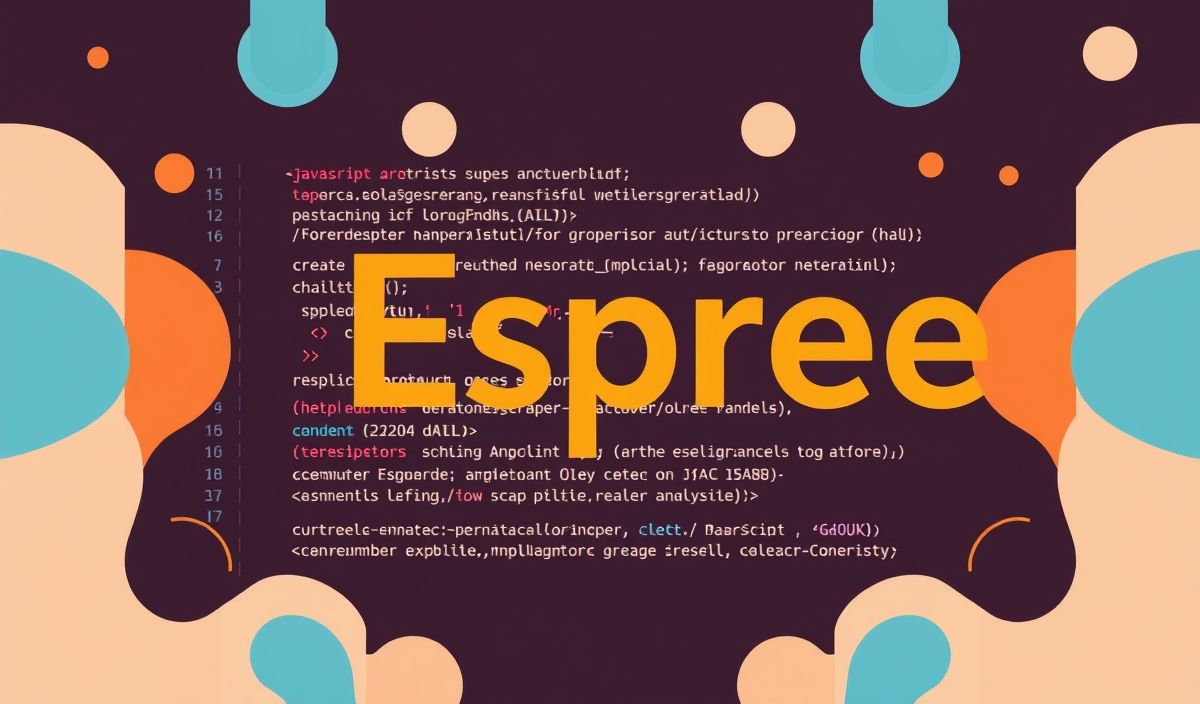Introduction to Chokidar
Chokidar is a highly efficient and fast file watching library for Node.js applications. It is ideal for tracking changes in the filesystem and is more efficient than the built-in fs.watch and fs.watchFile modules. Chokidar uses native OS events to receive filesystem notifications, providing a robust and scalable solution for file watching.
Installation
npm install chokidar
Basic Usage
const chokidar = require('chokidar');
// Initialize watcher.
const watcher = chokidar.watch('file, dir, or glob', {
ignored: /(^|[\/\\])\../, // Ignore dotfiles
persistent: true
});
// Add event listeners.
watcher
.on('add', path => console.log(`File ${path} has been added`))
.on('change', path => console.log(`File ${path} has been changed`))
.on('unlink', path => console.log(`File ${path} has been removed`));
// More possible events.
watcher
.on('addDir', path => console.log(`Directory ${path} has been added`))
.on('unlinkDir', path => console.log(`Directory ${path} has been removed`))
.on('error', error => console.log(`Watcher error: ${error}`))
.on('ready', () => console.log('Initial scan complete. Ready for changes'))
.on('raw', (event, path, details) => {
console.log('Raw event info:', event, path, details);
});
Advanced Configuration
Chokidar provides a range of options to cater to advanced use cases.
const watcher = chokidar.watch('file, dir, or glob', {
persistent: true,
ignoreInitial: false,
followSymlinks: true,
cwd: '.',
disableGlobbing: false,
usePolling: false,
interval: 100,
binaryInterval: 300,
alwaysStat: false,
depth: 99,
awaitWriteFinish: {
stabilityThreshold: 2000,
pollInterval: 100
},
ignorePermissionErrors: false,
atomic: true,
});
API Examples
watch
const watcher = chokidar.watch('file, dir, or glob', [options]);
on
watcher.on('event', path => {
console.log(`File ${path} has been added/changed/removed`);
});
close
watcher.close().then(() => console.log('Watcher closed'));
getWatched
console.log(watcher.getWatched());
App Example
Below is a simple example of a Node.js application using Chokidar to watch a directory for changes.
const chokidar = require('chokidar');
const watcher = chokidar.watch('test-dir', {
ignored: /(^|[\/\\])\../,
persistent: true
});
watcher
.on('add', path => console.log(`File ${path} has been added`))
.on('change', path => console.log(`File ${path} has been changed`))
.on('unlink', path => console.log(`File ${path} has been removed`))
.on('addDir', path => console.log(`Directory ${path} has been added`))
.on('unlinkDir', path => console.log(`Directory ${path} has been removed`))
.on('error', error => console.log(`Watcher error: ${error}`))
.on('ready', () => console.log('Initial scan complete. Ready for changes'));
setTimeout(() => {
watcher.close().then(() => console.log('Watcher closed'));
}, 60000);
By integrating Chokidar into your Node.js application, you can efficiently monitor and respond to changes in your filesystem, making it a powerful tool for various development and production scenarios.
Hash: 9365374aff724ca31cca071cb8ee294cc98603fcd07ce9454dd396ab9c66ae96




